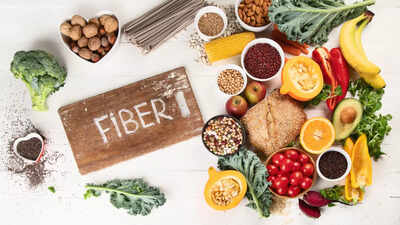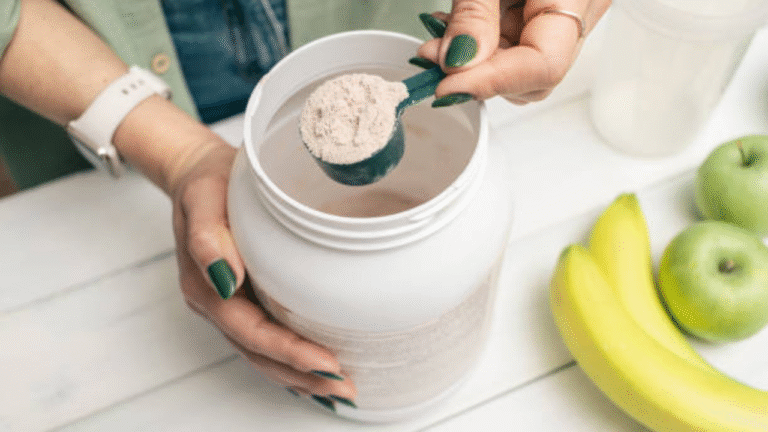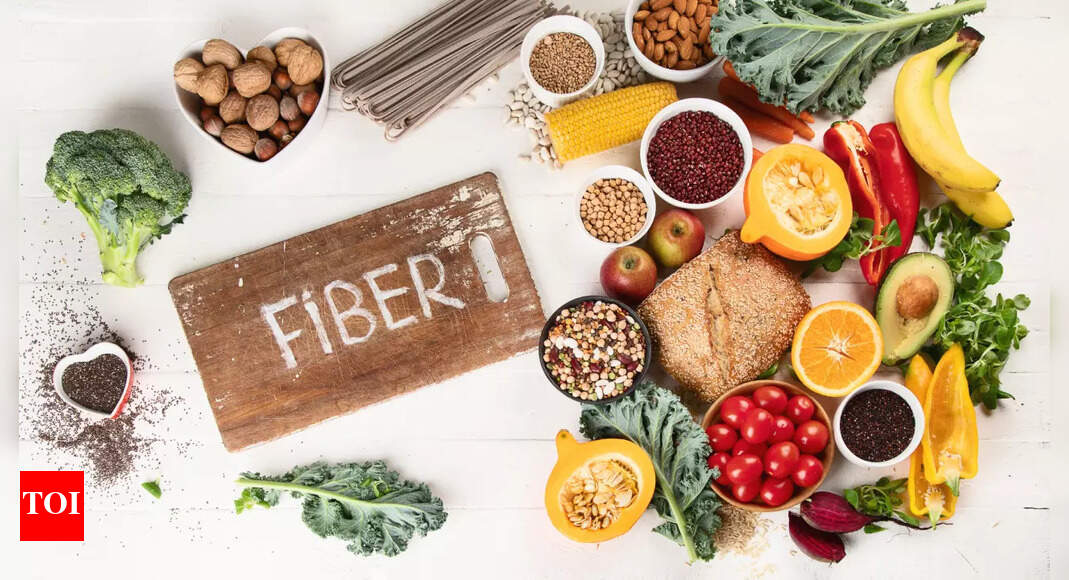
Fiber is a superstar in the nutritional world. From its crucial role in digestion to heart health and even mood regulation, fiber is linked to several health benefits. But, sometimes, even if you incorporate fiber into your diet, the benefits fall short. Wondering why? It could be because of some missteps in adding fiber to your diet. Dr. Saurabh Sethi, a California-based gastroenterologist and liver specialist with over 25 years of clinical experience, has shared some pitfalls to avoid while dealing with fiber for optimal gut health.“Fibermaxxing” too fast
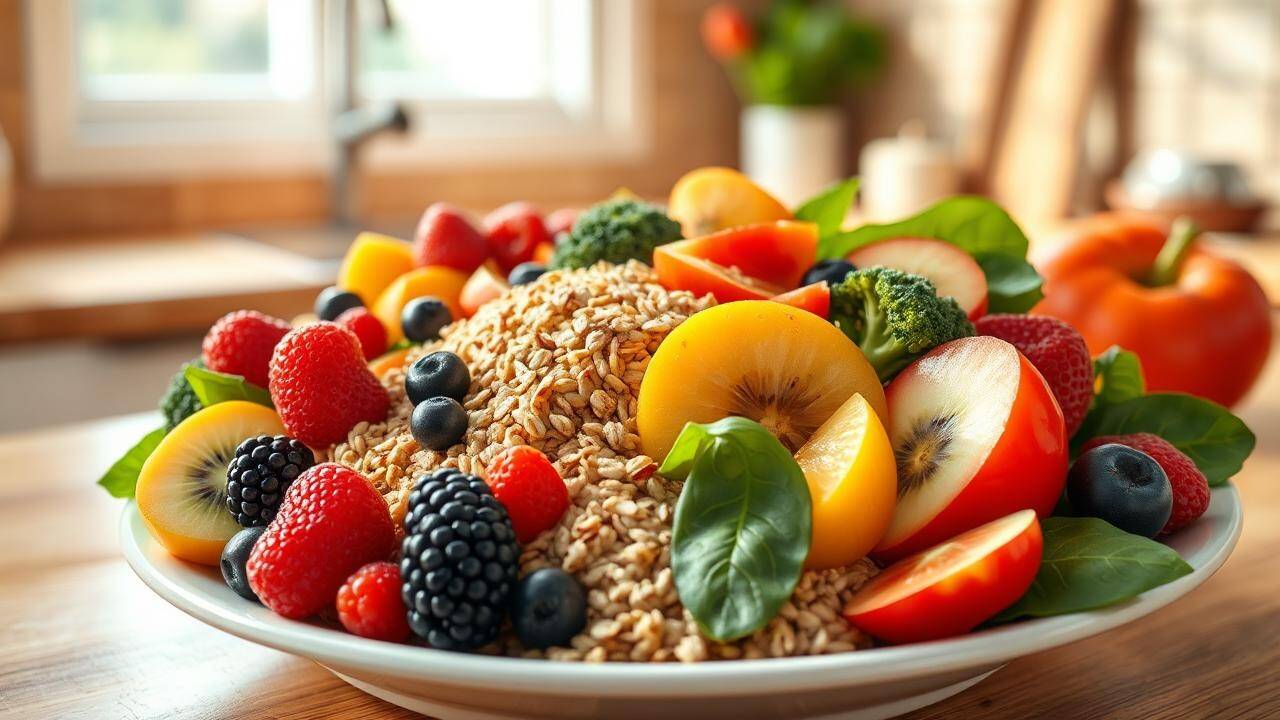
Today, everyone is talking about the significance of fiber in the diet. While fibermaxxing is beneficial for gut health, doing it too soon could cancel its benefits. Switching from a low-fiber diet to a high-fiber one overnight can overwhelm your digestive system. Dr. Sethi shared that adding too much fiber too fast can lead to gas, bloating, and discomfort. Give your gut microbiome time to adjust. “Add gradually. Let your gut microbiome adapt,” he said. Skimping on water

Not drinking adequate water after having fiber in the diet is another mistake. Dr. Sethi warns that taking fiber without water can lead to dry, hard stools and constipation. If you are eating more fiber, ensure to drink more fluids. “Aim for at least 8-10 cups/day,” he recommends. Sticking to veggies only
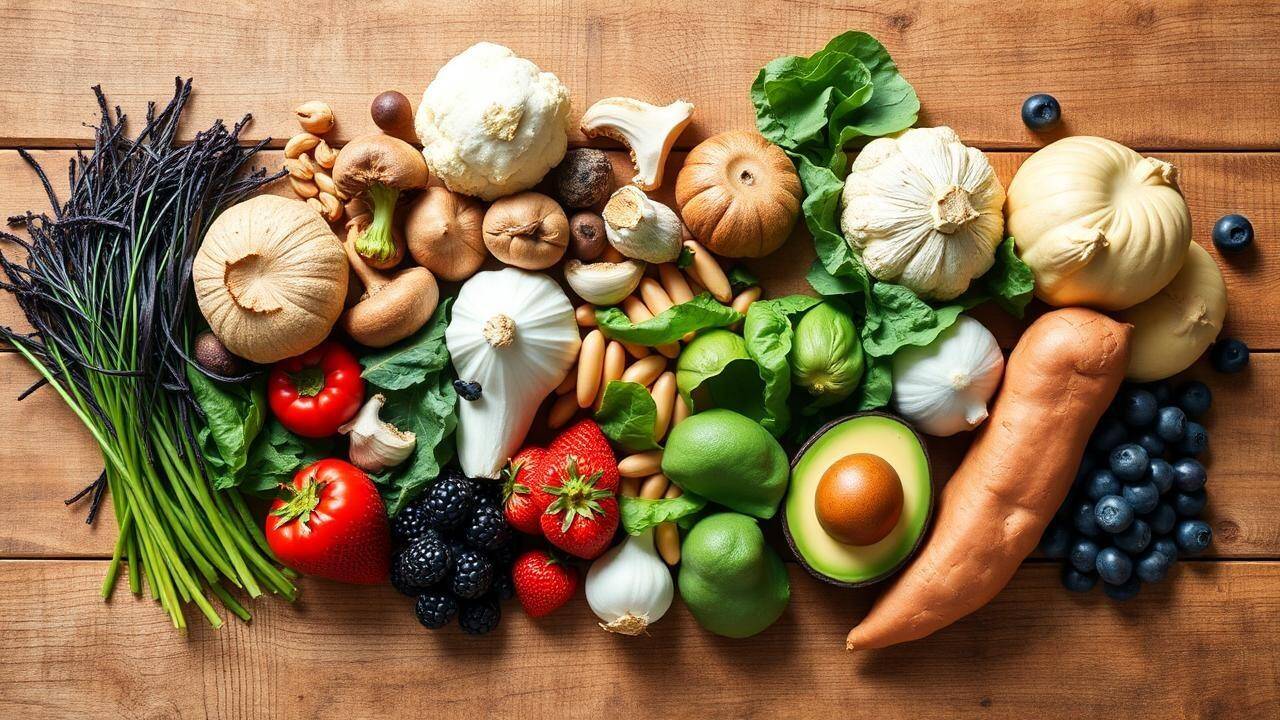
Vegetables are good sources of fiber, but depending only on them won’t benefit you. “You’re missing out if you skip beans, oats, chia, and lentils,” Dr. Sethi said in a video shared on Instagram. When the fiber sources are diverse, it would foster a diverse microbiome, which means better gut health.Avoiding all carbsLow-carb diets are becoming increasingly popular, especially due to their weight loss benefits. However, cutting all carbs can inadvertently reduce fiber intake. “Whole carbs like quinoa, barley, and legumes are fiber powerhouses,” Dr. Sethi said.Depending too much on supplements While fiber supplements may help, depending only on them is not really ideal. Dr. Sethi agreed that fiber supplements like psyllium husk are helpful, especially for those with irritable bowel syndrome, one should not completely rely on them. “Don’t forget real foods offer fiber plus nutrients, antioxidants, and prebiotics your gut thrives on,” he said. Fiber is not just for constipationPeople often tend to think that fiber is only essential for those who struggle with constipation, but that’s not it. Fiber has several health benefits. “Fiber supports immunity, metabolism, brain health, and even mood. Your gut microbes turn fiber into powerful anti-inflammatory compounds,” Dr. Sethi said. Not getting enough fiber

You are eating a ‘healthy diet’ does not necessarily mean your fiber intake is adequate. “You can eat clean and still be fiber-deficient,” the gut doctor said. He added, “Aim for at least 25-30g daily. Track it once, you’ll be surprised.”
Ignoring food labelsYour fiber goals could derail if you are not checking the food labels. Not all ‘whole grain’ products are fiber-rich. Dr. Sethi recommends getting over 3 grams of fiber per serving. He also advises getting this fiber from unprocessed foods.

